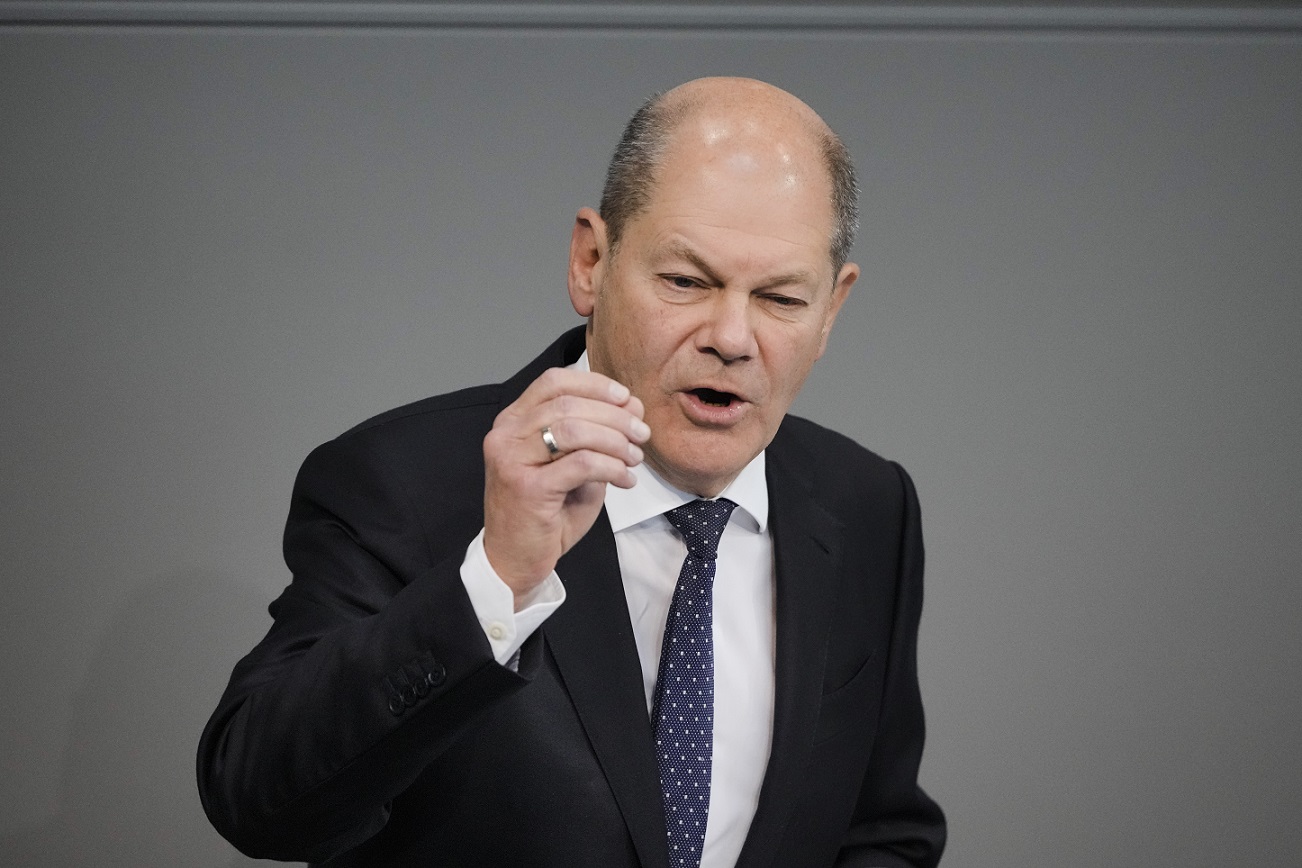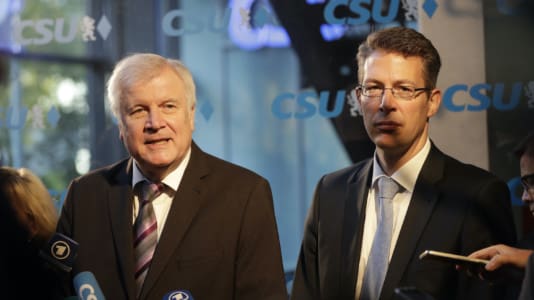Although it has not yet been approved, when a German cap on energy and electricity prices comes into effect for large consumers, it will be half as low as the Czech cap for households. The German plan, which will result in huge savings for German industry, will come into effect even while giant subsidy programs from the temporary crisis framework authorized by the European Commission are currently running.
Germany blocks reduction in energy prices…
Czechia, which has €30 billion available for industry, received approval from the European Commission just last week for modest aid, where subsidies may not exceed 30 percent of eligible costs. In the case of exceptionally energy-demanding industries, such as glass factories or metallurgical companies, the subsidies can be 80 percent. The proposed German caps assume that the companies there will pay €130 per megawatt hour, but the price is currently around €350 per megawatt hour on the market.
The difference represents a state subsidy to its industry, which finds itself at an incredible competitive advantage. Does Germany even intend to notify the European Commission about its massive state aid like everyone else?
And to make matters worse, Germany, in its completely blind green energy policy, blocks other countries’ paths to lower energy market prices. Unlike them, it has the resources and can compensate its industry and population, and expensive energy is so beautifully green. It can do so, among other things, thanks to the economic strength acquired in the past, mainly thanks to the common market.
And so, Germany continues to block caps on the price of gas for electricity production, which, although it would cost it a lot of money in compensation to the owners of gas-fired power plants, would reduce the need to compensate the industry thanks to the reduction of the market price. But that would also make energy cheaper in neighboring countries, and Germany simply doesn’t like that, even though Germany and its Energiewende are without a doubt the main culprits of the current crisis.
… and complicates negotiations
And that’s not all either. Germany’s approach greatly complicates negotiations for LNG supplies from Qatar and similar countries, which understandably want long-term contracts for at least 20 years. The increase in mining and transport capacities requires investments with a long-term return.
However, the Germans are not on board. Instead, Germany will need gas for about five years and then it will be less and less dependent as they build all those windmills, solar panels, and hydrogen electrolyzers. Fossil fuel will then be passé. Since Germany refuses long-term contracts, LNG will be more expensive, and not by a little either.
Where are all those determined fighters for European values in the opposition parties in Poland and Hungary at the moment when the very core value of the European community on which it was founded decades ago is being demolished? And in the most important member country on top of everything?
We only know that the Czech politician Markéta Pekarová Adamová is probably very busy now because she is planning the introduction of the euro in the Czech Republic in 2030. However, her plans may come to nothing if conflict around national interests continues to escalate. In such a situation, the Union itself may not exist in 2030, but such a thought is too “impossible” for some to even consider.






